Skin Hydration Myths: not truth
Myth: More Product Means More Hydration
Lie: Using more skincare products does not automatically result in better hydration for your skin. In fact, applying excessive amounts can lead to clogged pores and potential breakouts.
The key to effective hydration is using the right amount of product that suits your skin type. Overloading your skin with too many products can disrupt its natural balance and hinder its ability to retain moisture. It’s important to choose quality products with proven hydrating ingredients and apply them in appropriate amounts. A tailored skincare routine that considers your specific skin needs will provide optimal hydration without the risk of congestion.
Myth: Oily Skin Doesn’t Need Hydration
Lie: Oily skin does indeed require hydration. This is a common misconception that can lead to imbalanced skin. Many people think that because their skin is oily, they can skip moisturizer. However, not using a hydrating product can cause the skin to overcompensate by producing even more oil, leading to a greasy appearance and potential acne breakouts.
To effectively hydrate oily skin, it’s best to choose lightweight moisturizers, such as gel-based formulas. These provide essential hydration without the heaviness of cream-based products, helping maintain your skin’s balance and comfort. Proper hydration is vital for all skin types, ensuring that the skin’s barrier functions optimally and improves overall texture.
Myth: Drinking Water Alone Hydrates Skin
Lie: While drinking water is crucial for overall health and helps maintain internal hydration, it’s not enough to keep your skin adequately hydrated. External hydration through skincare products plays a vital role in maintaining skin moisture levels.
Simply increasing your water intake will not guarantee that your skin stays hydrated. The skin’s outer layer, the stratum corneum, needs moisture from topical products to prevent dryness and maintain a healthy barrier. Using moisturizers and hydrating serums helps lock in moisture and protect the skin from environmental factors. Therefore, it’s important to combine drinking water with a solid skincare routine to achieve optimal skin hydration.
Myth: Hydration is Only Important in Winter
Lie: Hydration is crucial for maintaining healthy skin throughout the entire year, not just during the winter months.
Many people believe that skin hydration is only necessary when the weather is cold and dry. However, factors such as air conditioning in the summer and exposure to UV rays can also lead to skin dehydration at any time of the year. It’s essential to maintain a consistent skincare routine that focuses on hydration, regardless of the season. Incorporating lightweight moisturizers, hydrating serums, and protective products can help ensure your skin remains adequately hydrated and healthy all year round.
Myth: Exfoliation Replaces Hydration
Lie: Exfoliation does not eliminate the need for moisturization; both are essential for healthy skin.
While exfoliation helps remove dead skin cells and improve skin texture, it does not provide hydration. In fact, over-exfoliating can strip the skin of its natural oils, leading to increased dryness and irritation. It’s important to find a balance between exfoliating and moisturizing. Regular exfoliation can enhance the effectiveness of your hydrating products, but it should be complemented with a good moisturizer to keep the skin hydrated and healthy.

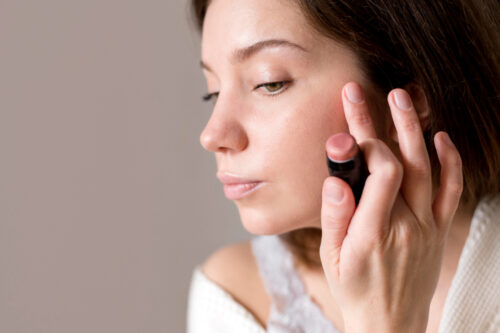
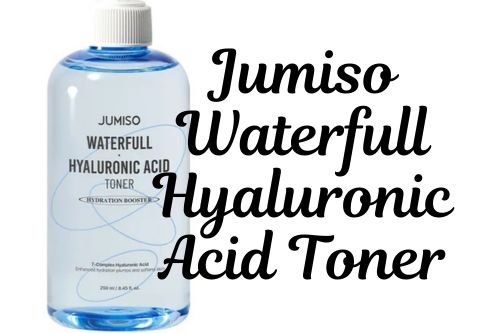
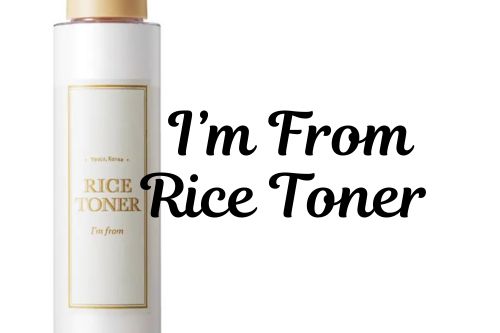


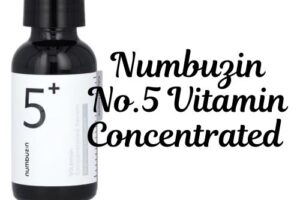
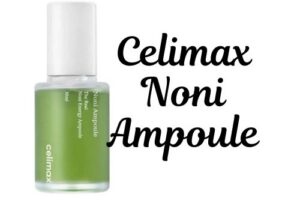
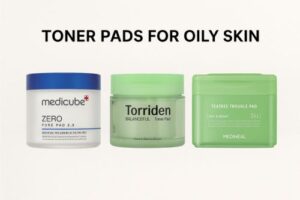
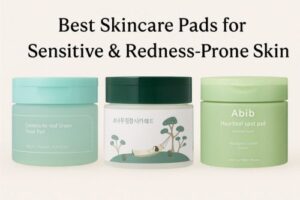
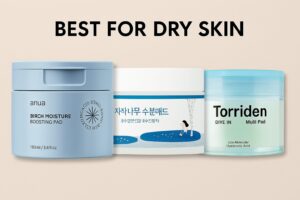
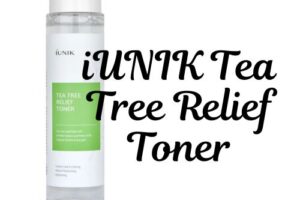
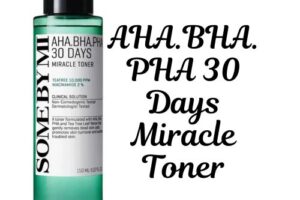
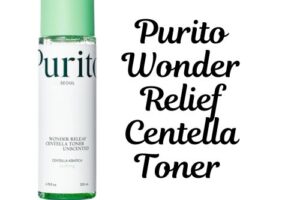
2 comments